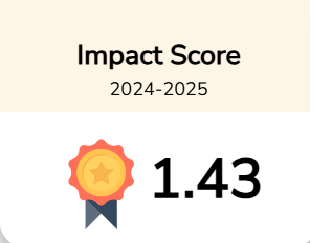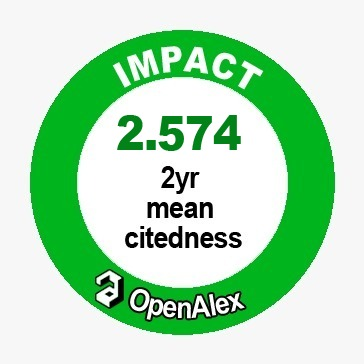Religiosity, gender attitudes and women's labor market participation
Downloads
Purpose: This study examines the impact of religion on female labor market participation and tests the hypothesis that under a specific belief pattern, female time allocation to labor market participation should vary systematically with the change in religiosity level.
Design/Methodology/Approach: The study uses a primary data set of 320 female respondents. The binominal logit model is used to estimate a categorical dependent variable.
Findings: The results suggest that religious women are less willing to participate in the labor market.
Conclusion: There are three different outcomes from the analysis scheme. First, the composite index of female religiosity signifies its negative impact on their labor market participation. Second, the findings of the study reveal that females with relatively higher religious education are less willing to participate in the labor market. Third, females are less willing to participate in the labor market when the head of the household is more religious.
Research limitations: A larger sample is believed to help in better generalization.
Practical implications: Religion shapes human behavior which subsequently influences their economic decisions. Our findings reveal a positive association between females’ formal education level and their labor market participation. This entails a government policy to facilitate women in enhancing their education level. Moreover, mainstreaming the religious educational institutes and their curriculum will resolve the misconceptions.





